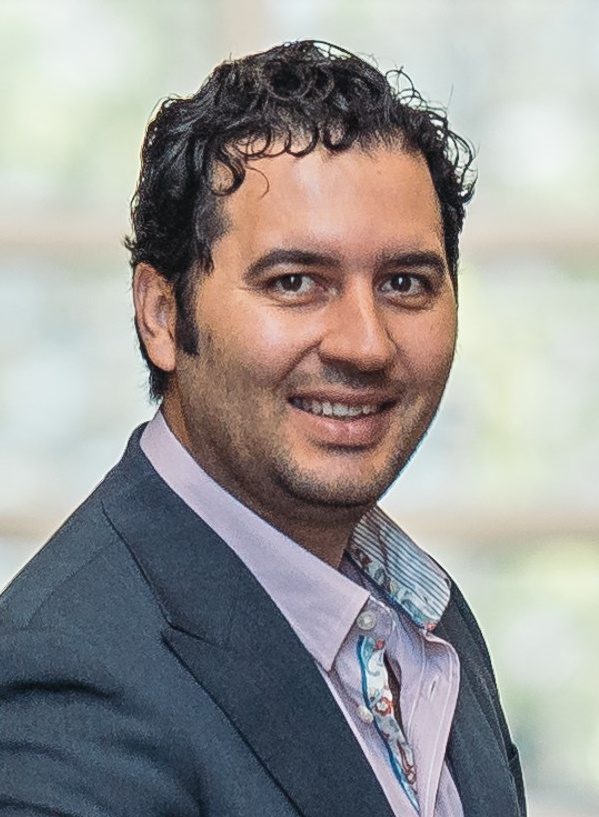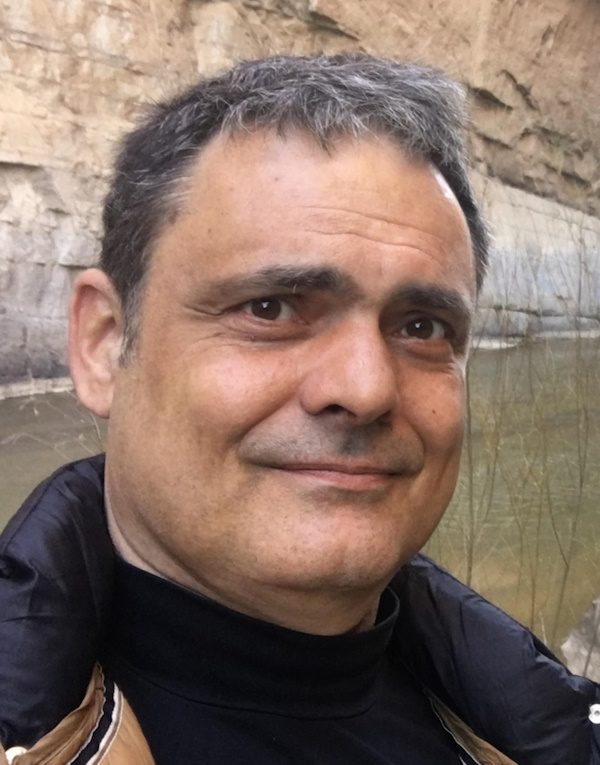News
November 28, 2024
Montreal, November 28 – IVADO is pleased to announce the first three projects funded through its new Exploratory Projects program.
Launched last April, this program supports small to medium-sized research projects that are innovative, bold and ideally cross-sectoral or interdisciplinary, enabling the exploration of new ideas related to the R³AI initiative. In particular, the program aims to support the development of projects during their exploratory phase, notably by funding graduate students and postdoc researchers working on these projects.
The competition is still open for applications! Please visit the program page for more details.
Large-scale power grids: transition to net zero

Principal investigator: Michel Denault, Department of Decision Sciences (HEC Montréal)
Co-investigators: Maryam Daryalal (HEC), Pierre-Olivier Pineau (HEC)
Amount awarded: $100,000
The transition to carbon-neutral energy systems is a key pillar in the fight against climate change. Growing electrification demands and the unpredictability of renewable energies such as wind and solar power present new challenges for which current power grid modeling and optimization tools fall short.
Professor Denault and his team propose two novel research avenues to address these challenges:
- Use reinforcement learning to better plan the expansion of the power grid by renewable energies, taking into account the many variables involved (wind and solar fluctuations, water levels, temperature, variations in energy demand);
- Improve the stochastic programming process, an important computational method for power grid optimization, through the use of neural networks.
Harnessing root architecture and anatomy using artificial intelligence to improve soil health and resource acquisition in a changing climate

Principal investigator: Davoud Torkamaneh, Plant Science Department (Université Laval)
Co-investigator: Shangpeng Sun (McGill)
Amount awarded: $100,000
Although root systems play an essential role in plant development, they have always been little studied compared to what can be observed above ground. The shape and depth of roots have a major impact, among other things, on plants’ resilience to climate, mineral acquisition and absorption of CO2 from the atmosphere. In the Canadian context, a better understanding of root shape variations could lead, for example, to the development of soybean varieties better adapted to the temperature changes of recent years.
The aim of the project is to develop a new AI-based root classification model, leading to the creation of the first general database for the classification of root systems, a major advance in the study of plants. Professor Torkamaneh and his team will first capture detailed images of roots, then create 3D images and classify them using an AI model based on a convolutional neural network.
Accuracy quantification and control in scientific machine learning

Principal Investigator: Serge Prudhomme, Mathematics and Industrial Engineering Department (Polytechnique Montréal)
Co-investigator: Simone Brugiapaglia (Concordia)
Amount awarded: $100,000
The growing interest in recent years in the development of new approaches to scientific computing based on machine learning has created a number of challenges. New theories and analysis tools are needed to improve the interpretability of these approaches, and make them more competitive with classical methods. This project aims to better equip machine learning practitioners for training problem formulation, architecture design, sampling strategies and hyper-parameter tuning.
The ambitious aim of the project is therefore to develop novel analytical tools and methodologies to quantify and control the accuracy of deep learning approximations in terms of rigorous error bounds. These advances will contribute to a wide range of fields, including aerospace and mechanical engineering simulations, subsurface modeling and network science.